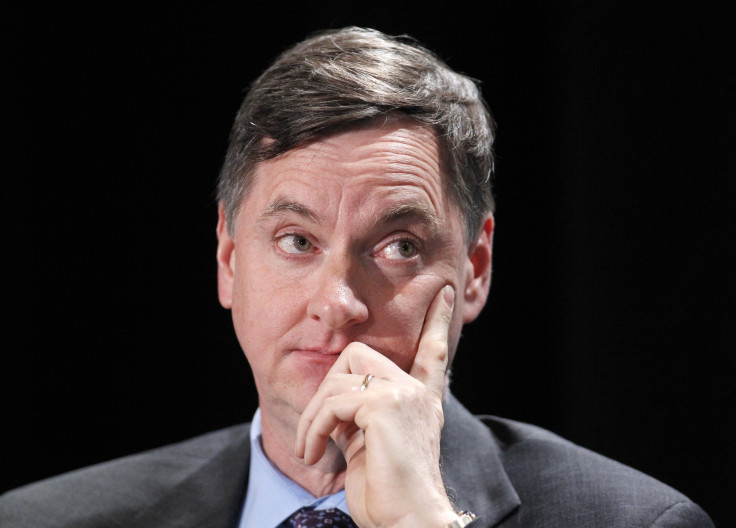Chicago Fed President: Expect A ‘Very Shallow Path’ For Future Interest Rate Hikes

A day after Federal Reserve Chair Janet Yellen shared a markedly dovish assessment of the economy, Chicago Fed President Charles Evans followed suit, projecting a "very shallow path" for future interest rate increases. A combination of long-term weakness in the global economy plus short-term risks to domestic growth warrants a cautious approach to raising the central bank's benchmark interest rate, Evans said.
Evans' comments all but ruled out a rate hike following the meeting of the Fed's rate-setting committee in April, since its preferred measure of core inflation has yet to sustainably approach its 2 percent target. "I'd be surprised if we met that condition" in April, Evans said on CNBC Wednesday morning.
Still, he wasn't all downbeat Wednesday, saying that the Fed's assumption, made in March, of two rate hikes in 2016 still looked plausible. "The recent higher readings on core prices could prove to be more persistent than I have assumed," Evans said. The price of goods, excluding food and energy, rose to 1.7 percent in January and held at that level through February.
Evans echoed Yellen's concerns about flagging global growth, noting the spillover effects of recent global market turmoil into U.S. financial markets. "I do not expect the international sector to be an engine for U.S. growth for some time," Evans told an audience at the Forecasters Club of New York.
Evans also attributed his reticence to boost historically low interest rates — and his doubts that inflation will quicken soon — to longer-term economic phenomena facing the U.S. The aging of the U.S. population will lead to lower growth in coming years, compounded by the loss of skills and experience as baby boomers retire.
But that's not the end of the story. Evans cited the research of Northwestern University economist Robert Gordon, who has argued that growth spurred by technological change has come and gone.
"The search for transformative technologies that spurred productivity and economic growth in the past has become increasingly costly and more difficult to harvest," Evans said, referring to a 2012 paper of Gordon's. "The gloomy conclusion of his line of reasoning is that slow productivity growth will hold back potential economic growth for the foreseeable future."
That pessimistic view has grown increasingly common among Fed officials, who have consistently slashed their expectations of economic growth over the past several years. The upshot, Evans said, was a Fed policy of keeping interest rates well below historical norms in order to spur economic growth.
© Copyright IBTimes 2024. All rights reserved.






















